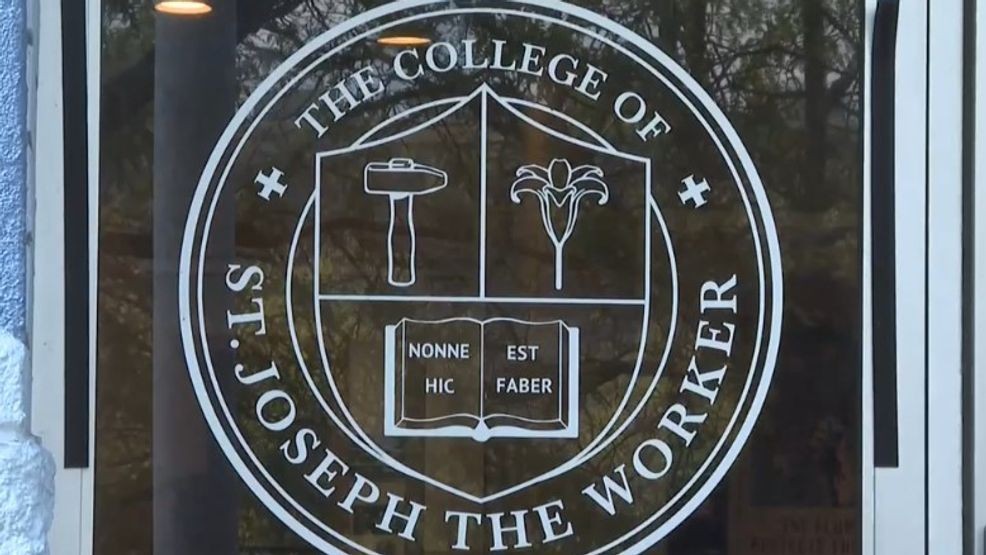STEUBENVILLE, Ohio — It was an issue mired in controversy since its inception, an allocation of a grant from the West Virginia Water Development Authority to the College of St. Joseph the Worker in Steubenville.
Now, after a months-long legal battle, the lawsuit has been dismissed, allowing the college to receive those funds.
Kanawha Circuit Judge Richard Lindsey ruled that the $5 million grant could be given to the school as long as it is “used for non-religious purposes and is a benefit available to the public.”
RELATED:ACLU prevails in court as judge halts $5M grant to Steubenville religious college
RELATED: McGeehan defends grant to out-of-state college amid ACLU lawsuit and opposition
“This is a win for the Ohio Valley,” College of St. Joseph the Worker President Jacob Imam said. “This is a win for West Virginia. This is a win for building something beautiful again in a town that needs help.”
The case was dismissed with prejudice, meaning that the same lawsuit cannot be brought before the same court.
According to court documents obtained by NEWS9, Lindsay’s ruling comes after the college resubmitted its invoice to the West Virginia Water Development Authority, an invoice containing one line item for real estate acquisition, site development, construction, infrastructure improvements, and supplies totaling $5 million. Excluded is any mention of religious education.
“There’s nothing really ideological about plumbing,” Imam said. “There’s nothing ideological about HVAC. Those are things we all need. That is what we’re training our students into, and this is just a win for sanity, I think.”
For Delegate Pat McGeehan, who wrote the bill allowing the funds to be dispersed on behalf of the WVWDA, this decision is just.
“I knew it was constitutional,” McGeehan said. “To say otherwise would actually be breaking the law by discrimination, by saying all nonprofits are eligible for these grants except for nonprofits that happen to be Christian. So, that’s what’s disappointing about that lawsuit. If this nonprofit was, say, an atheist group or a Muslim group, you never would have heard anything about it.”
In response to the suit being dropped, American Humanist Association Executive Director Fish Stark said, “We’re satisfied that the court found the original grant unconstitutional and maintained that state funds cannot be spent on religious instruction or sectarian advocacy in the future, even if the funding restrictions could have cut deeper. This was always an affront to West Virginian taxpayers, which is why we took action when our members saw this blatant violation of church-state separation happening in their community.
“We continue to question the wisdom of offering any subsidies to a religious school that could easily have its building costs footed by the Catholic Church – one of the world’s wealthiest religious entities – while West Virginia families still struggle to access clean water and other basic needs.”
ACLU West Virginia Advocacy Director Rusty Williams added, “Tens of thousands of West Virginians lack access to clean drinking water, and it is unconscionable that their tax dollars were intended to go to an out-of-state entity for purposes that would have violated our Constitution. We call on the State to prioritize the needs of West Virginians, not the wants of religious institutions, in future decision-making.”
The school has officially planted its flag in Weirton, establishing a construction branch and working on buildings in the area.
For McGeehan, using the college’s work to beautify the area is just the beginning.
“There’s a lot of other projects that I’m working on for infrastructure, for all sorts of roads, different paving projects,” McGeehan said.
“I’m constantly trying to brainstorm about how to improve our communities here in the Northern Panhandle.”

